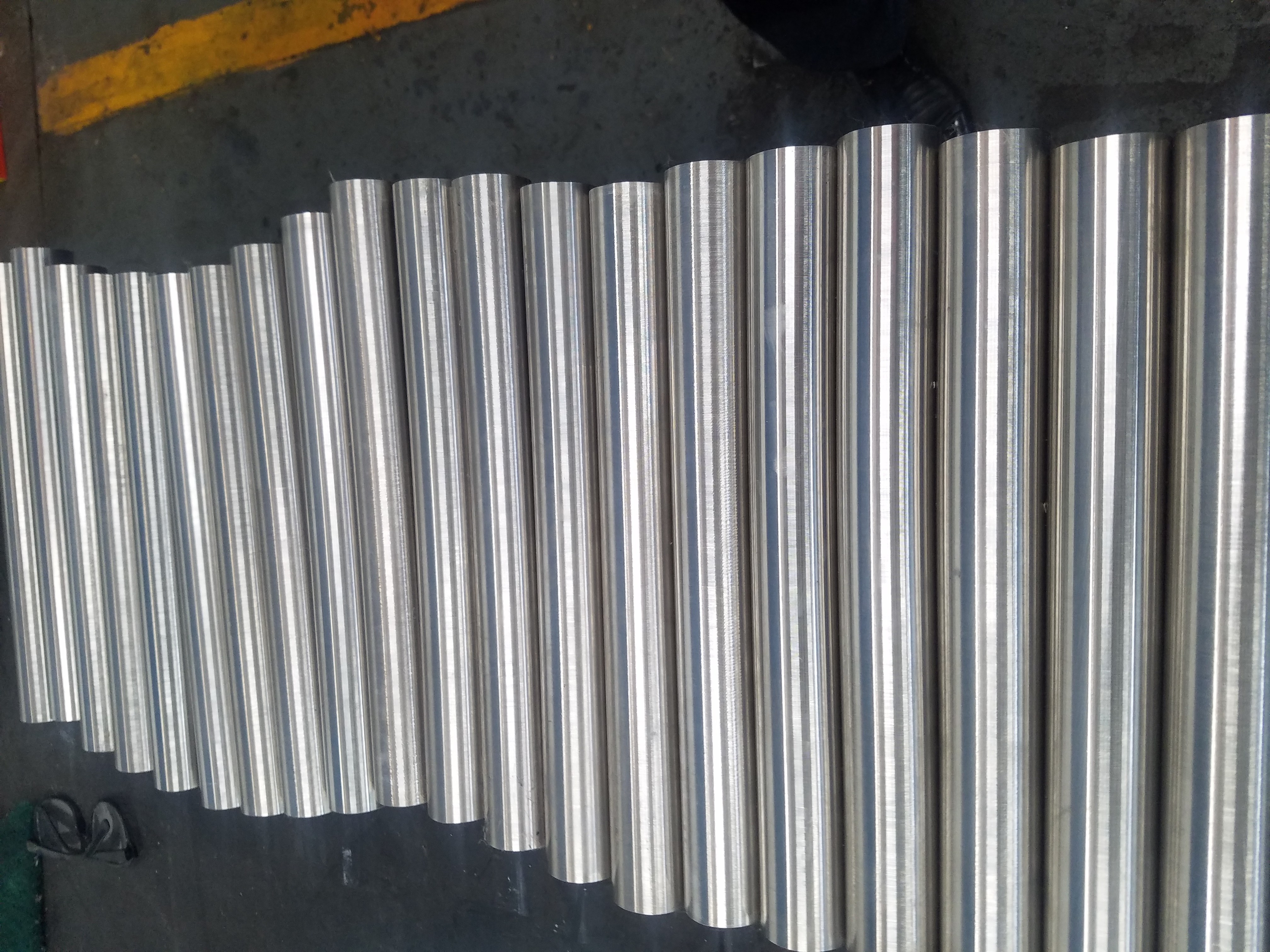Inconel 625 and Hastelloy C-276 are both nickel-chromium-molybdenum based superalloys, and they both offer excellent corrosion resistance and good strength. However, the two alloys differ significantly in some aspects. This article will compare these two alloys in detail from all aspects.
**Basic Information**
Inconel 625 is an INCONEL® brand nickel-chromium alloy with UNS number N06625 and W.Nr. number 2.4856. It is widely used for its high strength, excellent workability (including welding) and excellent corrosion resistance. Its service temperature range ranges from cryogenic to 1800°F (982°C).
Hastelloy C-276 is a HASTELLOY® brand alloy with UNS number N10276 and W.Nr. number 2.4819. It is the first nickel-chromium-molybdenum material to eliminate welding problems through extremely low carbon and silicon content. As a result, it is widely accepted in the chemical process and related industries and has a proven 50-year performance record in a wide range of corrosive chemicals.
**chemical composition**
The nickel and iron contents of Inconel 625 and Hastelloy C-276 are very similar. The main difference between them is the chromium and molybdenum content.
Inconel 625 has a higher chromium content than Hastelloy C-276, and chromium acts as an oxidation resistance in terms of corrosion resistance. This gives Inconel 625 better corrosion resistance in oxidizing environments (such as concentrated sulfuric acid, nitric acid, etc.).
In contrast, Hastelloy C-276 has a higher molybdenum content than Inconel 625. Molybdenum can exert a very good anti-reduction effect. In some reducing environments (such as hydrochloric acid, hydrogen sulfide acid), Hastelloy C-276 has better performance.
**Mechanical behavior**
Inconel 625 and Hastelloy C-276 are both solid solution strengthened alloys with little difference in their mechanical properties. It’s just that they mainly use different solid solution strengthening elements.
Inconel 625 contains a certain amount of niobium and tantalum, and the solid solution strengthening effect of niobium and tantalum is very good. This gives Inconel 625 very good strength. At the same time, in Inconel 625, niobium and tantalum also have a small amount of precipitation strengthening effect (generally Inconel 625 does not undergo aging treatment), which further ensures the strength of the alloy.
Unlike Inconel 625, Hastelloy C-276 relies primarily on solid solution strengthening of tungsten and molybdenum. The atomic radii of tungsten and molybdenum are also very large, so their strengthening effect on Hastelloy C-276 is also very obvious.
**Physical Properties**
The physical properties of Inconel 625 and Hastelloy C-276 are as follows:
Inconel 625 has a density of 8.44 g/cm³ and a melting range of 2350-2460°F (1290-1350°C).
Hastelloy C-276 has a density of 8.89 g/cm³ and a melting range of 2415-2500°F (1323-1371°C).
**application**
Both Inconel 625 and Hastelloy C-276 have a wide range of applications. Their scope of application is, for the most part, very close. But this does not mean that the two alloys are interchangeable. In the same application, we should also choose different alloys according to the application environment.
For example, in oil and gas applications, the subsurface environment in different oil fields is very different. Some oil fields are in oxidizing environments, in which case Inconel 625 is more suitable. For oil fields in reducing environments, Hastelloy C-276 should be used.
**Main Standards**
Seamless pipe and tubing in Inconel 625: ASTM B444, ASTM B829
Welded pipe: ASTM B705, ASTM B775
Welded pipe: ASTM B704, ASTM B751
Welding accessories: ASTM B366
Rods and Strips: ASTM B446
Forgings: ASTM B564
Plate, sheet, and tape: ASTM B443
Seamless pipe and tubing in Hastelloy C-276: ASTM B622, ASTM B983
Welded pipe: ASTM B619
Welded pipe: ASTM B626
Accessories: ASTM B366, ASTM B462
Rods and Strips: ASTM B574
Forgings: ASTM B564, ASTM B462
Plate, sheet, and tape: ASTM B575
**price**
Generally speaking, the price of molybdenum will be slightly higher than that of chromium, so the price of Hastelloy C-276 will be slightly higher. But in general, their prices are not very different.
**in conclusion**
Both Inconel 625 and Hastelloy C-276 have good corrosion resistance. Inconel 625 is more suitable for oxidizing environments. Hastelloy C-276 is more suitable for restoration environments.
Both alloys are solid solution strengthened alloys. Although the elements that exert the solid solution strengthening effect are different, in general, there is not much difference in the mechanical properties of the two alloys.
The two alloys have a similar range of applications, but they play different roles in the same application.
In general, Inconel 625 and Hastelloy C-276 are both excellent superalloys, each with their own advantages and characteristics. When selecting alloys, we need to make choices based on specific application environments and needs.
Tianjin Anton Metal Manufacture Co., Ltd. is a company specializing in the production of various nickel-based alloys, Hastelloy alloys and high-temperature alloy materials. The company was established in 1989 with a registered capital of 10.0 million, specializing in the production and sales of alloy materials. Anton Metal’s products are widely used in aerospace, chemical industry, electric power, automobile, nuclear energy and other fields, and can also provide customized alloy material solutions according to customer needs. If you need to know the price consultation of alloy materials or provide customized alloy material solutions, please feel free to contact the sales staff.
==========================================
www.antonmetal.com
ANTON METAL| Your specialty alloys manufacturer
Email: dominic@antonmetal.com
Phone: +8613132148618(wechat/whatsapp)
Post time: Dec-14-2023











